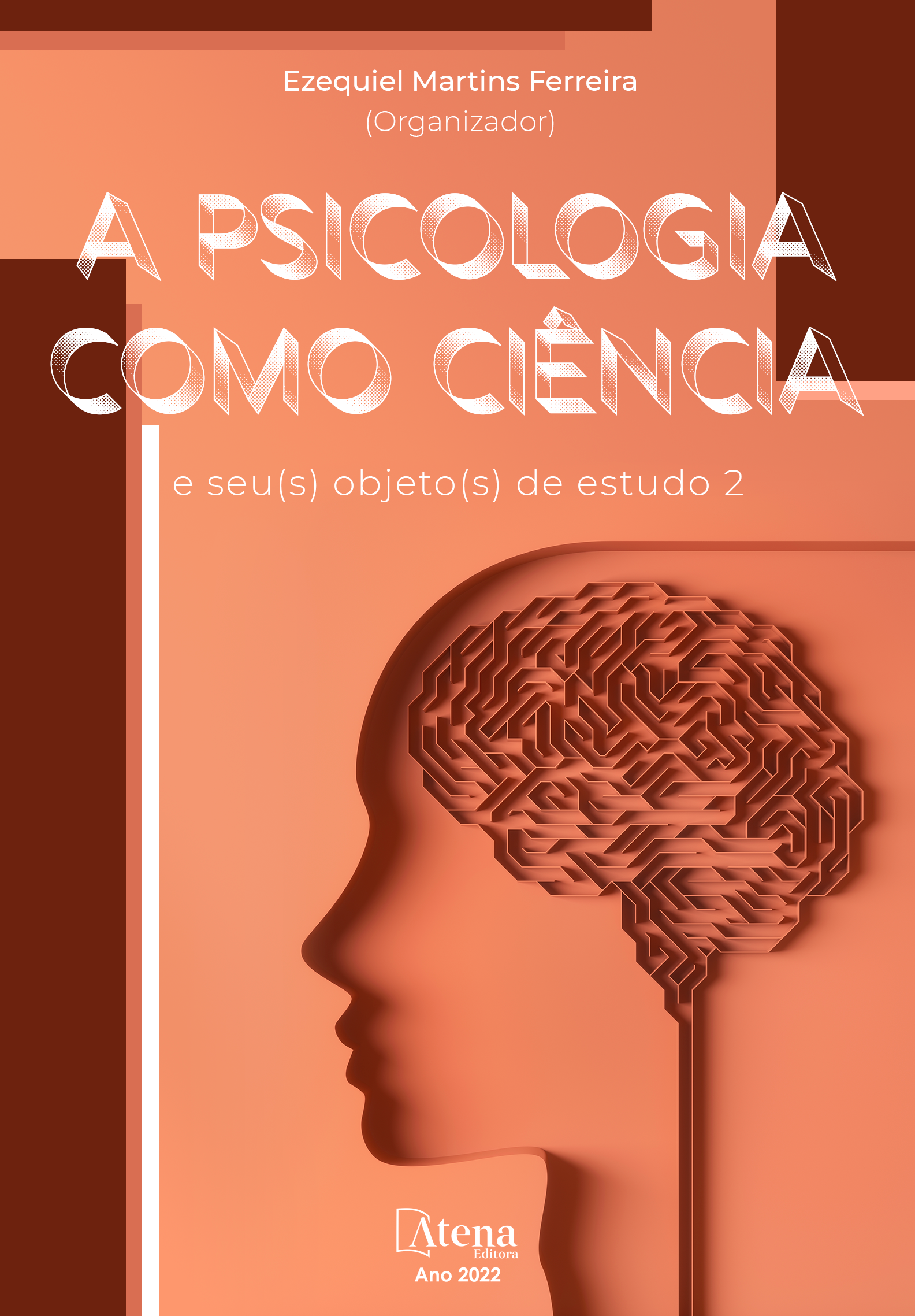
A VELHICE E SUAS POSSIBILIDADES DE SENTIDOS
A velhice é uma fase de mudanças na rotina, saúde, aparência e percepção de si e do mundo. E revela-se para muitos como um estigma, fato que nos chama a atenção para a necessidade de aprofundar as investigações em relação ao tema. A literatura que trata do tema velhice, às vezes, segue em silêncio em meio a muitos outros temas ditos de maior relevância. A fim de romper esse silêncio ou propiciar o debate, nossa investigação busca identificar e refletir os sentidos que a velhice adquire nas narrativas, aquelas que, principalmente, tentam nomeá-la ou defini-la. A princípio, buscamos explorar as nuances do que chamamos de velhice, bem como problematizar a tentativa de conceitualizá-la. abordaremos, também, a velhice no discurso da atualidade. Instigados pela existência de um discurso dominante — o discurso médico —, no próximo capítulo, abrangemos uma característica da sociedade atual que afeta, principalmente, o velho do nosso tempo: a medicalização generalizada da vida. E, por fim, encaminhamos o trabalho para a relação entre velhice e morte, destacando um elemento que une esses dois aspectos da vida: o escamoteamento. Concluímos, então, que ambos os sentidos destacados na pesquisa vêm apontando para um lugar: o não lugar social; ou seja, cada vez mais o velho perde lugar e voz na sociedade. O estudo corrobora, ainda, com a defesa de Beauvoir de que não exista uma velhice apenas, mas sim múltiplas formas de se vivenciar o envelhecimento. Ou seja, múltiplos sentidos; cada pessoa vivendo a singularidade dessa experiência, se rearticulando e ressignificando de acordo com processos de subjetivação, como a envelhescência descrita por Berlink (2000) e Soares (2005); ou mesmo por meio da sublimação, como defendido por Mucida (2019).
A VELHICE E SUAS POSSIBILIDADES DE SENTIDOS
-
DOI: 10.22533/at.ed.0332217085
-
Palavras-chave: Velhice; Envelhecimento; Senescência.
-
Keywords: Old age; Aging; Senescence.
-
Abstract:
Old age is a phase of changes in routine, health, appearance and perception of oneself and the world. And it reveals itself to many as a stigma, a fact that draws our attention to the need to deepen investigations on the subject. The literature that deals with the theme of old age, sometimes, is silent in the midst of so many other themes said to be of greater relevance. To break this silence or promote debate, our investigation seeks to identify and reflect on the meanings that old age acquires in narratives, those that mainly try to name or define it. At first, we seek to explore the nuances of what we call old age, as well as problematize the attempt to conceptualize it. we will also approach old age in the current discourse. Instigated by the existence of a dominant discourse — the medical discourse —, in the next chapter, we approach a characteristic of today's society that mainly affects the elderly of our time: the generalized medicalization of life. And, finally, we direct the work to the relationship between old age and death, highlighting an element that unites these two aspects of life: concealment. We conclude, then, that both meanings highlighted in the research have pointed to a place: the non-social place; that is, the elderly are increasingly losing their place and voice in society. The study also supports Beauvoir's defense that there is not just one old age, but multiple ways of experiencing aging. That is, multiple senses; each person experiencing the uniqueness of this experience, rearticulating and resignifying themselves according to subjectivation processes, such as the aging described by Berlink (2000) and Soares (2005); or even by sublimation, as defended by Mucida (2019).
-
Número de páginas: 15
- Antônio De Castro Souza


